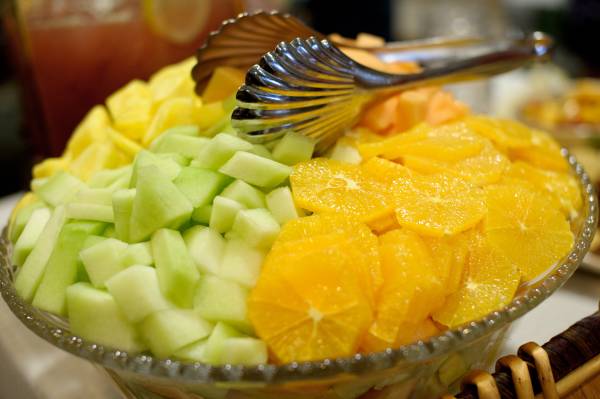 Super foods are nutrient-packed powerhouses, yet, even without any solid medical definition, it is common knowledge that people who eat super foods are healthier than others. When you think of super foods, sweet potatoes, blueberries and avocadoes come to mind but there may be as many as 50 or more of these powerful foods around. But let’s focus on five specific groups of super foods recommended for a senior citizen’s diet, primarily to reduce inflammation—the single biggest cause of fatigue and autoimmune disease which overwhelms the body as we age.
Super foods are nutrient-packed powerhouses, yet, even without any solid medical definition, it is common knowledge that people who eat super foods are healthier than others. When you think of super foods, sweet potatoes, blueberries and avocadoes come to mind but there may be as many as 50 or more of these powerful foods around. But let’s focus on five specific groups of super foods recommended for a senior citizen’s diet, primarily to reduce inflammation—the single biggest cause of fatigue and autoimmune disease which overwhelms the body as we age.
1. Omega 3 Fatty Acids - Flax Seed, Walnut and Avocado
Omega-3 fatty acids is the darling of scientists and physicians; when eaten as a part of a healthy diet, omega-3 fatty acids have proven to reduce inflammation that causes a host of diseases such as heart disease, cancer and arthritis.
A rich source of Omega-3 fatty acid is flax seed and its oil. The seeds should be crushed (a mortar and pestle work best) then added to breakfast cereals, juices, smoothies and mixed into salads. Walnuts and avocadoes are also fantastic options. Fatty fish like sardines is also a good option, but due to the controversial mercury content in fish it’s not the ‘go to source’ for this nutrient.
2. Legumes: Beans and Peas
Garbanzo beans (chick peas), black beans, red (kidney beans) peas, lentils, adzuki, and peanuts are all densely packed with vitamins and minerals so their anti-inflammatory properties fight off invaders. One-to-two servings (at least half-cup cooked peas) per day are recommended.
3. Herbs and Spices: Garlic, Ginger and Rosemary
Garlic is renowned for its antibiotic, anti-inflammatory properties and is nature’s best immune system booster. Both garlic and rosemary can be added together, finely chopped and served with a variety of foods and salads. Ginger can also be cooked in foods, blended in juices and smoothies and also makes an intensely flavored tea.
4. Cruciferous and Root Vegetables: Cabbage, Broccoli, Cauliflower and Beet Root
All vegetables are rich in disease fighting properties, but some are richer in polyphenols per surface area than other types, combined. Beet root, sweet potato and the cruciferous vegetables are in this group of super foods, superb for colorful salads and full-bodied juices.
5. Grains: Brown Rice, Quinoa, Steel-cut Oats and Barley
Grains that are not highly processed reduce spikes in blood sugar, the main trigger of inflammation, and are the perfect foods for diabetics. Avoid such foods as quick oats and fast cooking ‘brown’ rice.
Caregivers can consider incorporating these targeted nutrients in their senior parents’ diet to boost health.
Key Takeaways:
- Super foods are nutrient-packed powerhouses that promote the health of people who eat them.
- The five super foods will reduce internal inflammation—the single biggest cause of fatigue and autoimmune disease—which overwhelms the body as we age.
- Omega-3 fatty acids are proven to reduce inflammation that causes a host of diseases such as heart disease, cancer and arthritis.
- Garbanzo beans (chick peas), black beans, red (kidney beans) peas are recommended super foods to fight inflammation.
- Garlic is renowned for its antibiotic, anti-inflammatory properties and is nature’s best immune system booster.
- Beet root, sweet potato and the cruciferous vegetables are in this group of super foods.
- Grains such as steel cut oats and barley reduce spikes in blood sugar and are good for diabetics.
Learn More about Senior Living Health Plans
At United Methodist Homes we provide healthy living options made by award winning chefs for meals that our residents enjoy. If you are interested in learning more about our meal programs please visit our website or contact us to learn more!






